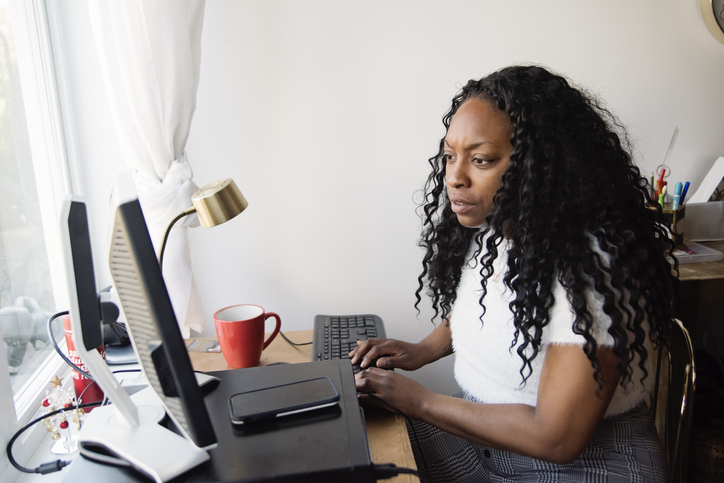The pandemic changed a lot of things in American life. Many companies were forced to accommodate workers who couldn’t go into an office, providing them with work-from-home options. As the threat of COVID-19 subsided, some workers returned to an office while others continued working from home.
While working from home can allow for more flexibility, it can also take a toll on a person’s mental health, according to a poll of more than 2,000 adults for the Bright Horizons Modern Family Index.
More than 40% of respondents said that there are times when they go for days without going outside. In addition, 33% said they feel “very isolated” when working from home.
Isolation is a major concern for public health officials.
Earlier this month, U.S. Surgeon General Vivek Murthy declared loneliness and isolation the nation’s latest epidemic.
He noted that the loneliness epidemic is hitting young people particularly hard. Murthy released data that shows the time spent in-person with friends for those ages 15-24 has reduced by nearly 70% over almost two decades. The pandemic was also blamed for accelerating the decline in social participation for younger Americans.
Read more from WRTV here


















